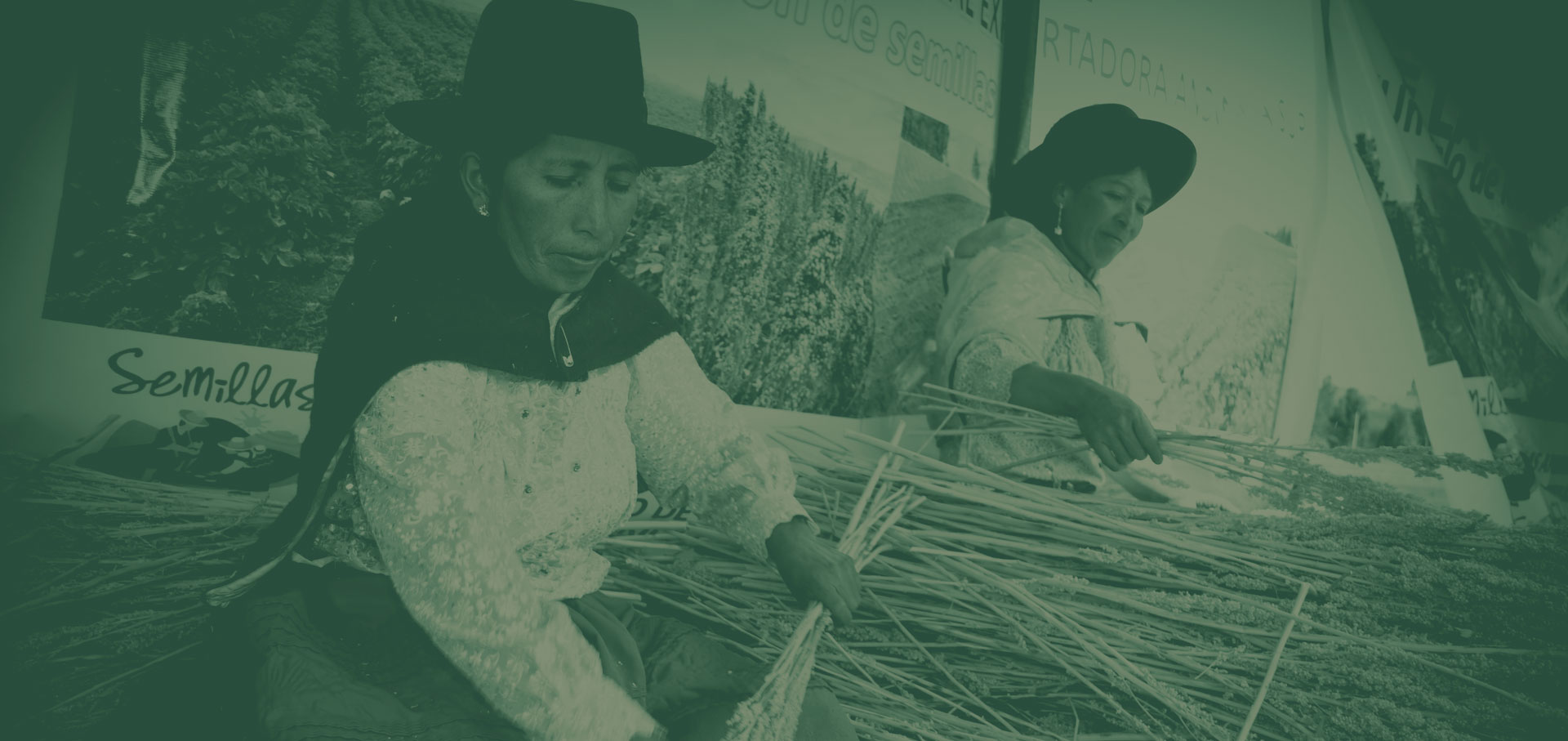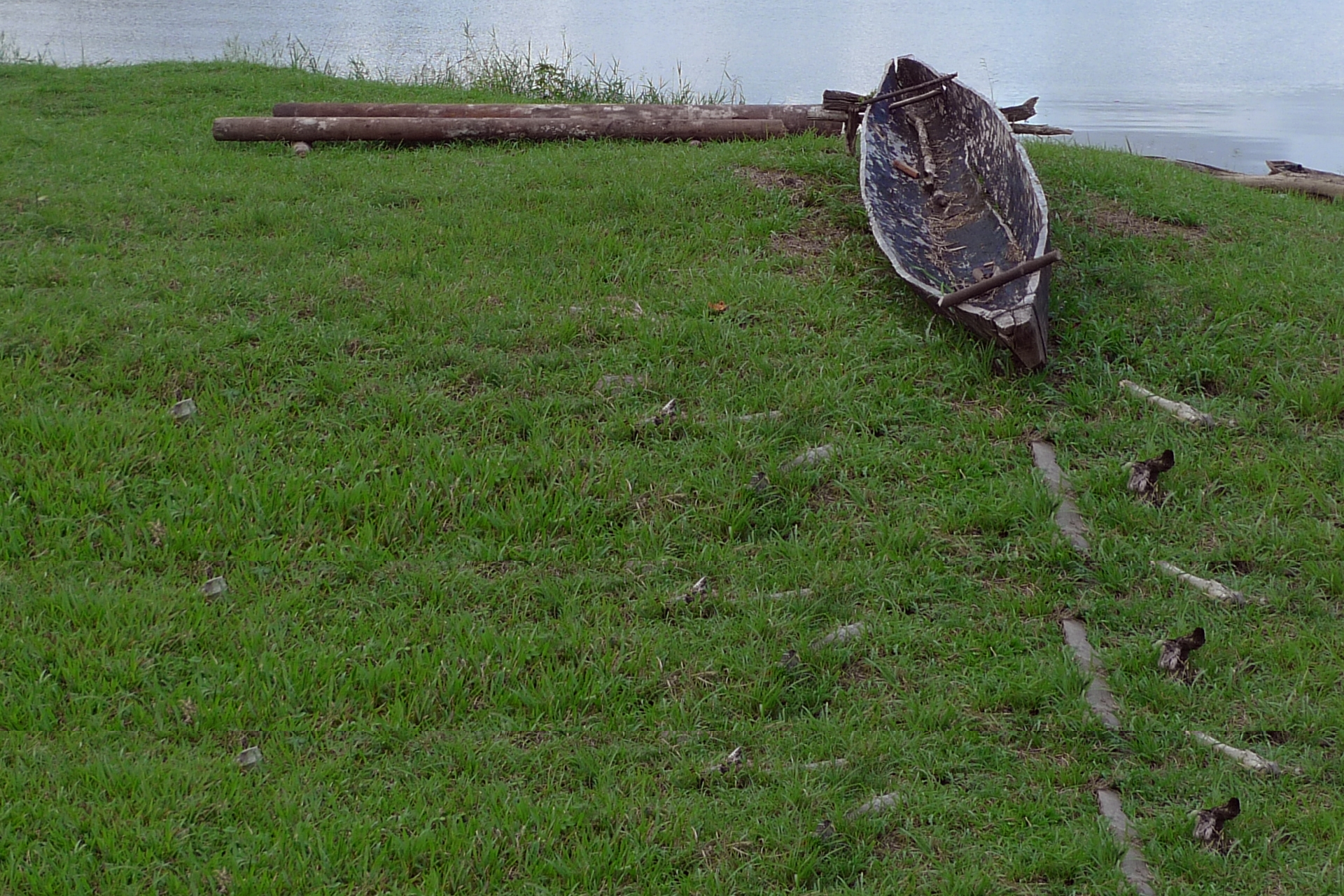Amazonia is the lung of the earth.
We have been working in the south eastern part of Amazonia for many years – in the Madre de Dios region (Peru), Pando (Bolivia) and Acre (Brazil) – with projects that invest in community development to uphold the natives’ rights and give them the necessary technical knowledge to preserve the natural resources.
Starting from the study of the native populations’ knowledge, with the intention of retrieving the traditions and disseminating them, Cesvi involves the population in activities that safeguard the natural resources and those of the soil. In particular the initiative concern harvesting, processing and selling brazil nuts. This is an important crop for the local communities, considering that just in the Madre de Dios region 20% of the population, around 20,000 people, obtains 67% of family income from selling brazil nuts. Cesvi’s involvement goes on to reinforcing the management plan of the woods, paying great attention to coordinating relationships with the local institutions to guarantee the safeguarding of the communities’ rights.
With the “SuperA Peru” project – where ‘A’ stands for ‘foodstuffs’ (alimenti) with a high content of proteins, essential amino acids, vitamins and trace elements – Cesvi sides with the Quinoa producing communities to contribute to a sustainable economic development and to reduce poverty in the Andean Ayacucho area. More than half of the inhabitants live in poverty, the main activity is agriculture and quinoa is one of the main crops, now considered a key element of food security worldwide. Cesvi’s intervention aims to promote an international fair trade leading to sustainable economic development.
Quinoa, the gold of the Andes

Edith Huamán Orosco is the manager of the Machu Picchu Agro-industrial Cooperative in Andahuaylas, Apurímac region of Peru.
She works with the SuperA Peru project to guarantee the farmers a better and fairer price for quinoa. Cesvi has helped the Cooperative in the sale of certified organically farmed quinoa on the Lima market.
“Cesvi has supported us in the creation of attractive packaging which meets all the legal parameters for our red quinoa and has worked with us in finding new clients”, Edith tells us. “This experience is very important for us because it makes it possible for us not only to guarantee a fair price for some of our farmers but also to grow as a cooperative and make ourselves known. We want everyone to be able to enjoy the excellent and healthy quinoa of Andahuaylas”.
